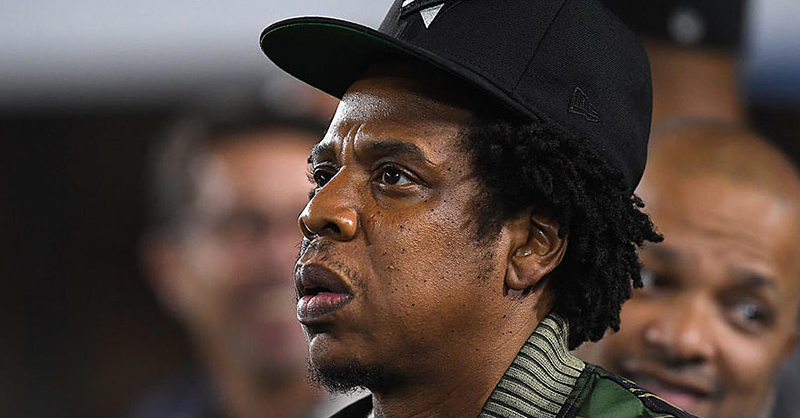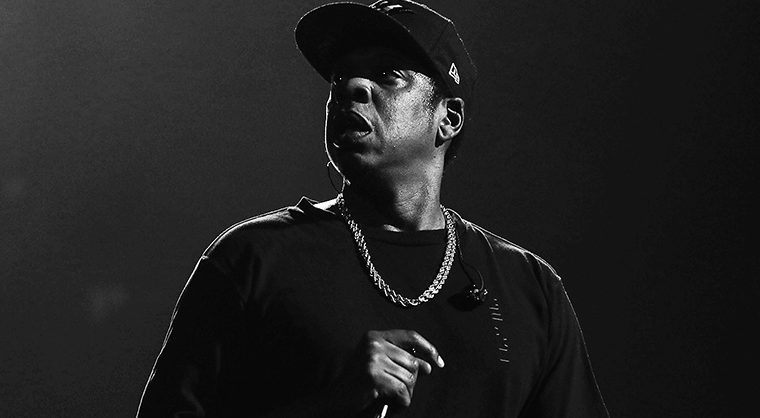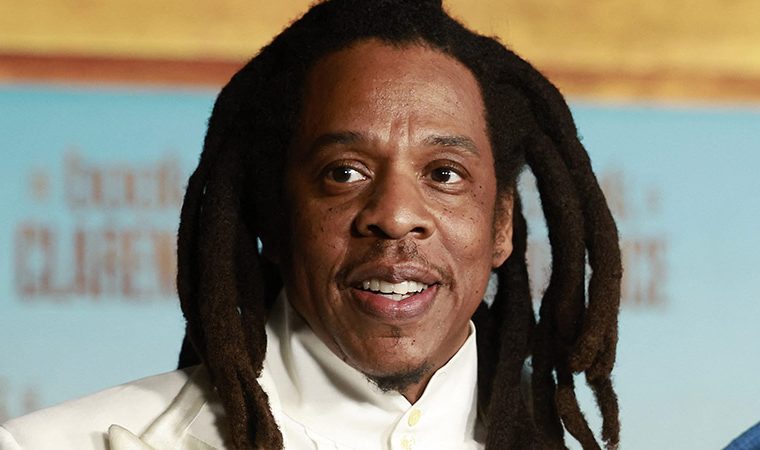
Although Iconix Brand Group attacked the hip-hop mogul’s move as a “charade,” his attorney says the AAA is now pledging to expand its roster of black arbitrators.
Jay-Z is no longer demanding a halt to an arbitration with Iconix Brand Group because of a lack of available black arbitrators at the American Arbitration Association. On Sunday, an attorney for the hip-hop mogul informed a New York judge via letter that AAA had made a newfound commitment on the diversity front.
According to the letter from Quinn Emanuel litigator Alex Spiro, who represents Jay-Z (Shawn Carter), “While the information AAA provided has confirmed that AAA lacks an appreciable number of minority (and particularly, African-American) arbitrators, AAA has indicated an openness both to an arbitrator selection process in this Arbitration that will allow for meaningful consideration of African-American arbitrators and to broader remedial measures intended to improve the diversity of the arbitrator roster for future arbitrations.”
Jay-Z is fighting with Iconix over the scope of a $200 million deal signed a decade back governing the use of the “Roc Nation” trademark on baseball caps and other merchandise.
In late November, Jay-Z brought his diversity concerns to New York Supreme Court. He said AAA was only able to provide three neutrals it identified as African-American — and one had a conflict.
“This blatant failure of the AAA to ensure a diverse slate of arbitrators for complex commercial cases is particularly shocking given the prevalence of mandatory arbitration provisions in commercial contracts across nearly all industries, which undoubtedly include minority owned and operated businesses,” wrote Spiro at the time.
Jay-Z’s motion for a temporary restraining order to halt the arbitration was granted, but it may have had as much — or even more — to do with the absence of the assigned judge than the merits of an argument that an arbitration process without African-Americans violated New York’s public policy on discrimination. (See the transcript of the Nov. 30 hearing.)
The parties were due in court on Tuesday to discuss whether the TRO would be further extended.
In the meantime, Iconix appeared in the case to attack Jay-Z’s gambit as a “charade.”
“Contrary to the Carter Parties’ tale of ‘token’ representation, the current ‘Strike List’ of AAA-presented arbitrators is composed of 25% (3 of 12) African-American candidates, selected from a National Roster consisting of at least 150 African-American arbitrators and the Carter Parties voluntarily waived participation in nominating any additional candidates by ignoring AAA deadlines and self-imposing arbitrary standards of ‘qualification,'” wrote Iconix attorney Samuel Levy at Blank Rome.
Levy said that Jay-Z had no problem arbitrating other matters in the past without raising similar race objections, and also argued against the proposition that a lack of diversity could void an arbitration provision in a contract.
“When parties voluntarily agree to privately arbitrate, they waive a verity of protections and rights in exchange for the expedience, privacy and (often) lower costs of arbitration,” stated a memorandum against any longer stay of the arbitration. “Within the framework of this private adjudication of rights, no federal or New York statute or rule entitles the contracting party to select from arbitrators ‘representative’ of society at large as determined in the unilateral discretion of the contracting party. Instead, parties are free to contractually limit arbitrator selection procedures. The Court’s role is limited to enforcing those contracts as written…”
The merits of the argument will likely not be hashed over any further.
Jay-Z has now withdrawn his motion to stay the arbitration. A judge has accepted the withdrawal and set a status conference for March. Source: HR



